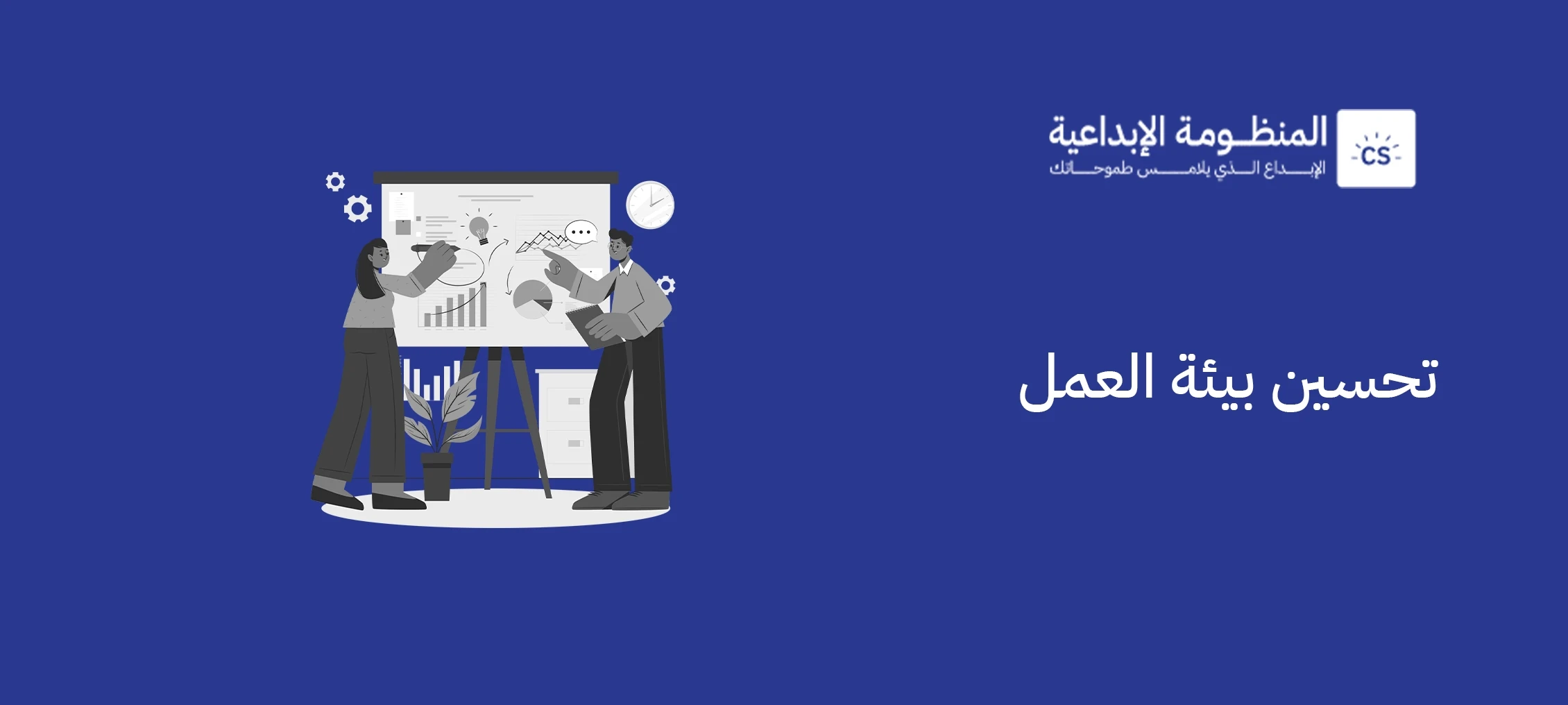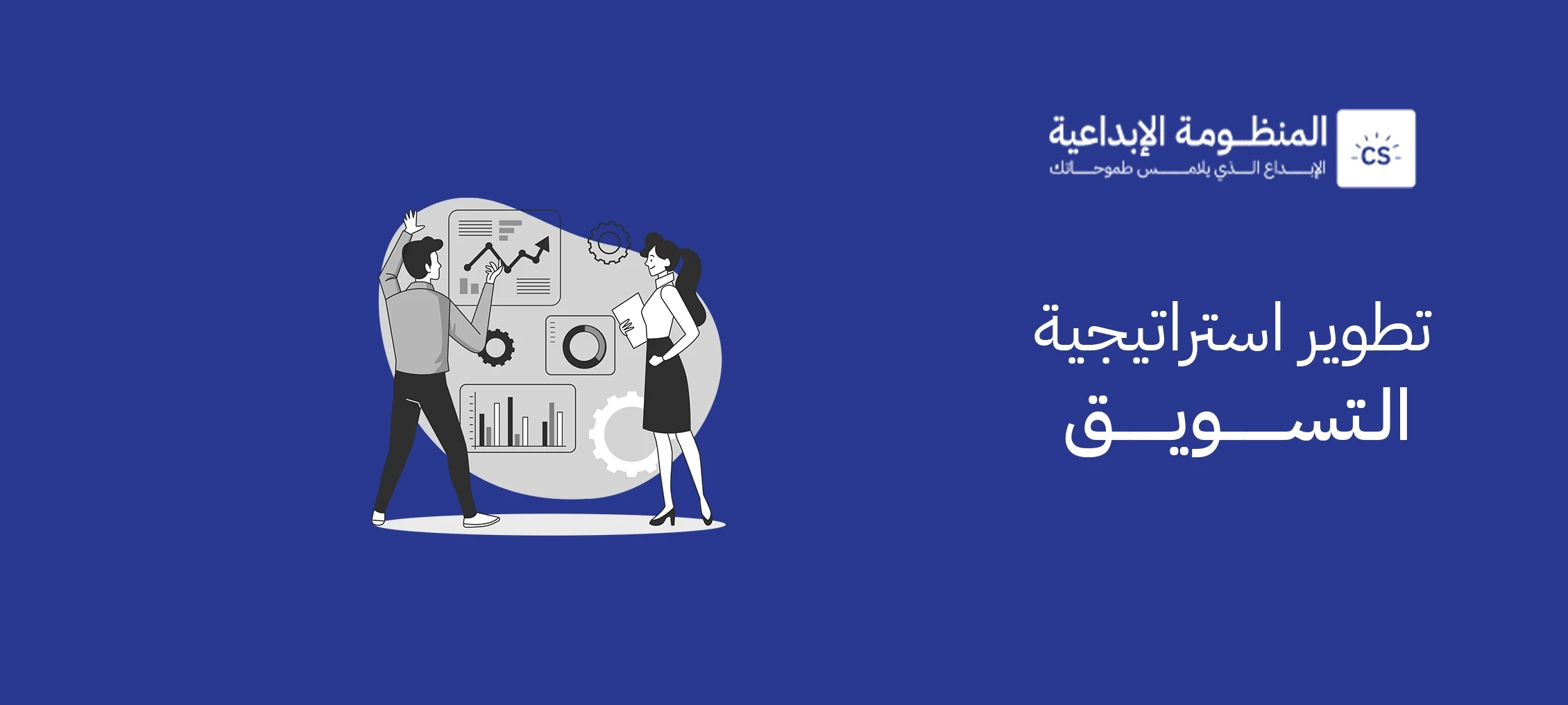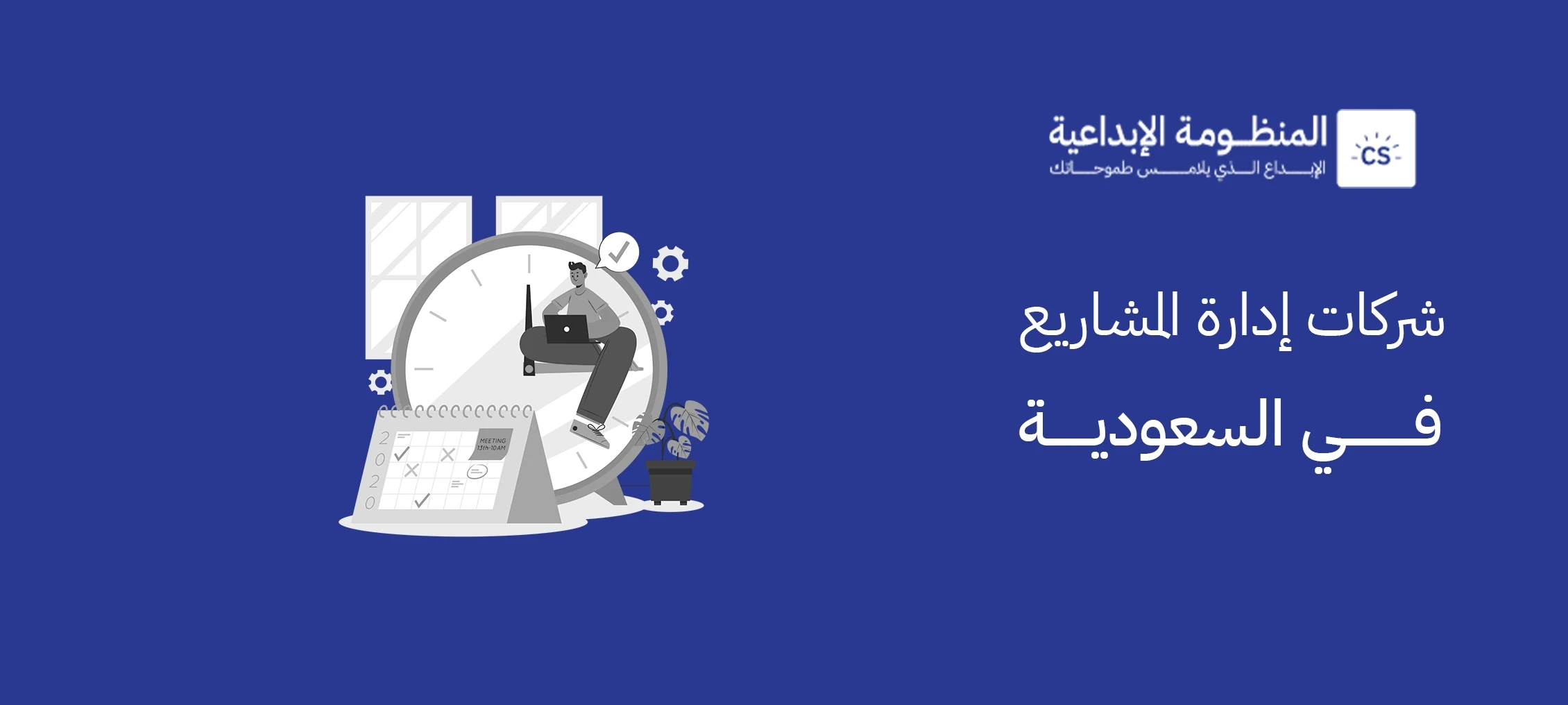programming
The Most Important Steps to Learn Programming for Beginners
1122 Views | 9 hours ago | Published On: December 18,2023 - Last Updated: February 23,2026
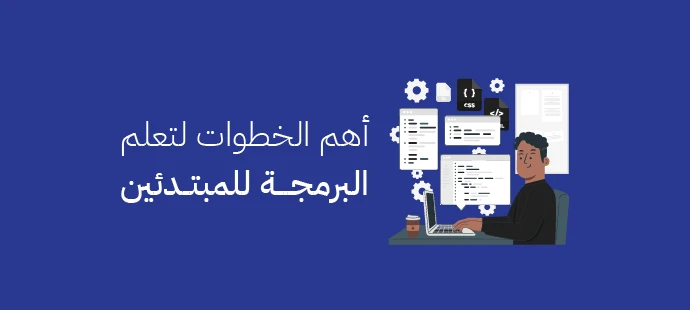
Content
In a time where devices and applications seamlessly integrate into our daily lives, programming becomes a fundamental skill for unleashing creativity and making an impact in our connected world. Let's take a glimpse into the fundamentals of programming and open the door to curiosity, entering a world where ideas can pave the way through a language that translates aspirations into a digital reality.
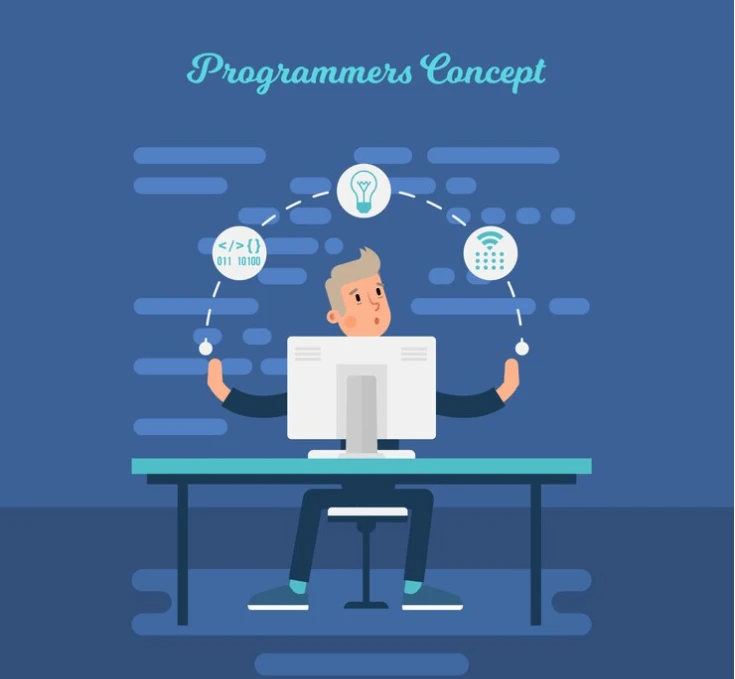
Programming is the process of writing a set of instructions or commands that cause a computer program to execute a specific task or solve a particular problem when run. These instructions are written in a specific programming language, allowing developers to define the behavior of the computer and control its execution of designated activities.
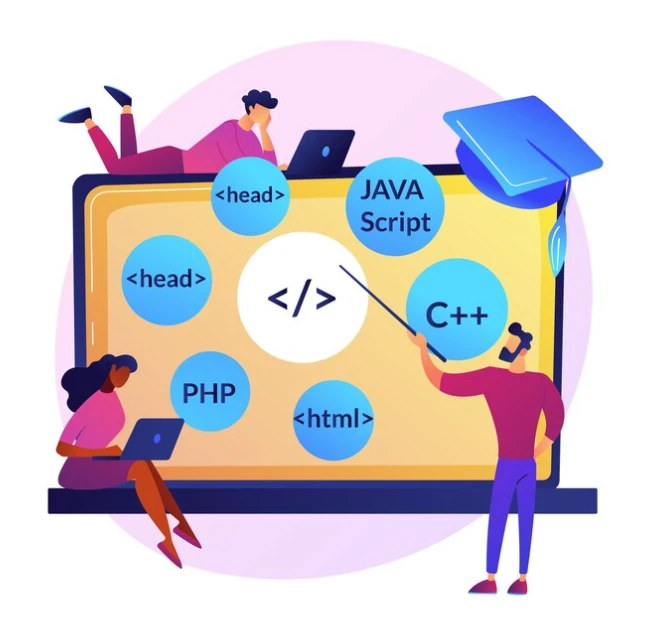
Here are some basics to consider when starting your journey in programming:
Understanding Language Basics
Begin by grasping the basics of the programming language you choose. Various languages like Python, JavaScript, Java, and others have their own rules and use cases.
Learning Control Flow
Study how programs work internally, including variables, functions, and control flow structures (such as loops and conditional statements).
Data Handling
Learn how to handle different types of data, including text, numbers, lists, and data structures.
Understanding Core Concepts
Familiarize yourself with fundamental concepts in computer science such as algorithms, data structures, and performance analysis.
Using Programming Tools
Choose an Integrated Development Environment (IDE) and other tools that help you write and test code efficiently.
Learning by Doing
Write code, learn from mistakes, and embrace continuous improvement as essential elements of your programming journey.
Understanding Debugging
Learn how to analyze and debug errors in source code effectively.
Engaging in the Programming Community
Connect with the programming community, ask questions, and participate in open-source projects to enhance your skills.
Developing Small Projects
Instead of solely focusing on theoretical concepts, apply what you've learned by developing small projects that allow you to implement programming concepts in a practical context.
Expanding Knowledge
Don't limit yourself to just one programming language; try to broaden your knowledge by learning multiple languages and exploring different domains like web development, data science, and artificial intelligence.
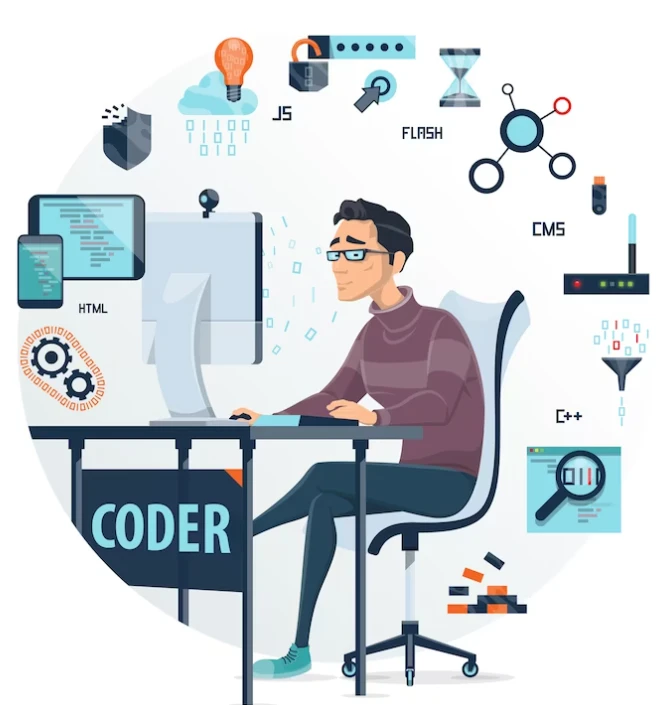
Here are some essential steps that can help guide beginners in learning the basics of programming:
Choose a Programming Language
- Start by selecting a programming language. Python and JavaScript are often recommended for beginners due to their ease of learning.
Review Basic Concepts
- Understand fundamental concepts such as variables, strings, numbers, conditions, and loops.
Use an Integrated Development Environment (IDE)
- Install an integrated development environment like Visual Studio Code to set up an efficient working environment.
Experiment with Code
- Write code on your own and experience turning ideas into code. Don't be afraid to make mistakes; they are part of the learning process.
Solve Problems
- Attempt to solve simple programming problems to enhance your skills and understanding of concepts.
Read Tutorials and Educational Resources
- Utilize books, online courses, and websites that provide detailed lessons.
Learn Through Projects
- Instead of focusing solely on theories, work on small projects to apply what you've learned.
Seek Help
- Join online programming communities and forums to get assistance and connect with other programmers.
Check Code Examples
- Review code examples and other projects to learn how to write code effectively.
Practice and Enjoy
- Repeat what you've learned and try to apply it to your projects. Enjoying the process of programming contributes to motivation and learning.
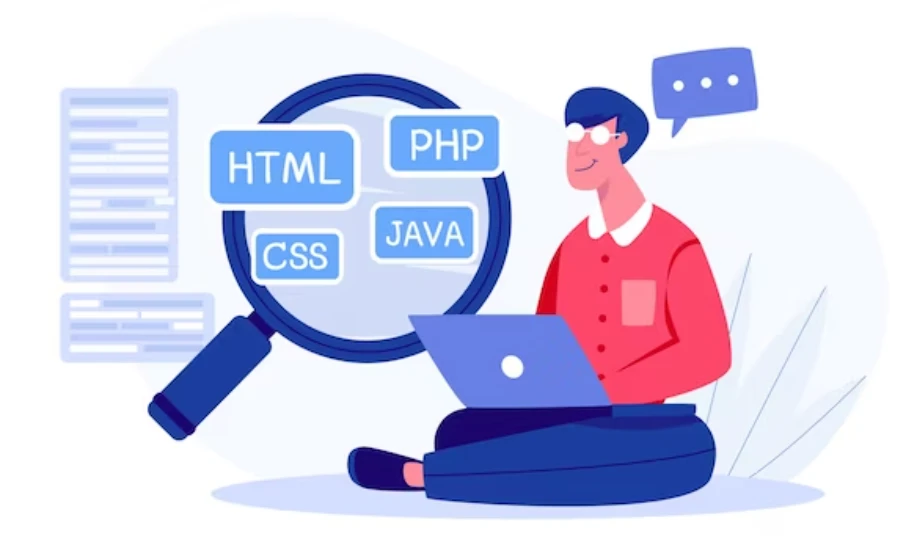
There are several programming languages used in software development, each with its specific uses and features. Here are some of the most common programming languages with detailed explanations:
Python
- Usage: Widely used in web development, artificial intelligence, data analysis, and scientific applications.
- Features: Easy to learn, powerful, emphasizes readable code.
JavaScript
- Usage: Primarily used for web development to enhance user interaction on web pages.
- Features: Main client-side programming language, focuses on interactive activities in browsers.
Java
- Usage: Utilized in web and mobile app development, embedded systems, and games.
- Features: Executable on various systems, supports diversity and security.
C++
- Usage: Used for system programming, games, and graphical user interface applications.
- Features: Strong and efficient programming language, supports direct memory manipulation.
C#
- Usage: Applied in Windows applications, game development using Unity, and enterprise applications.
- Features: Powerful Microsoft language, provides significant control over Windows applications.
PHP
- Usage: Used for dynamic web applications and dynamic web pages.
- Features: Focuses on handling requests from servers and interacting with databases.
Ruby
- Usage: Utilized in web development using the Ruby on Rails framework.
- Features: Dynamic language emphasizing easy programming philosophy.
Swift
- Usage: Used for iOS and macOS application development.
- Features: Advanced and user-friendly language with efficient performance.
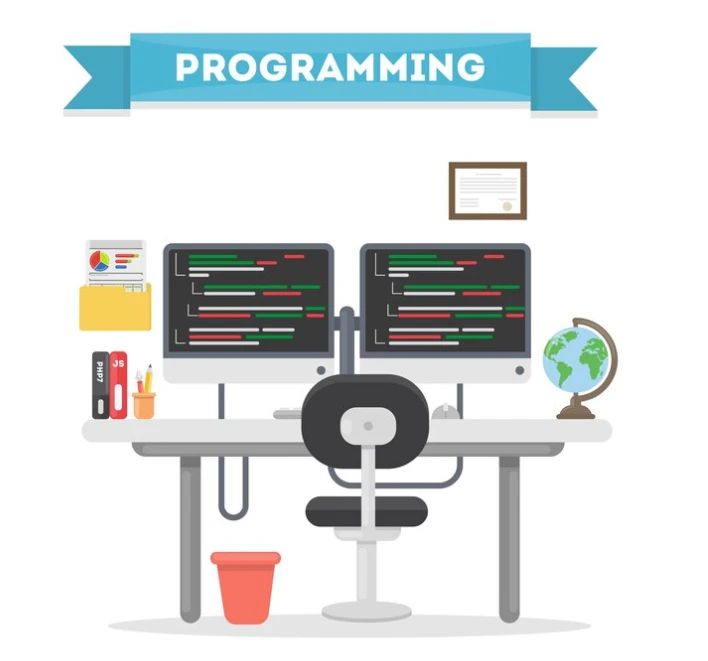
Here are some websites that beginners can use to learn programming in Arabic:
Coursera
Offers a variety of programming courses in Arabic, often provided by universities and educational institutions.
Udemy
Provides a wide range of programming courses in Arabic, including both free and paid options. Covers various programming languages and technologies.
Codecademy
Offers an interactive learning platform for programming in Arabic, covering languages like Python, JavaScript, and more.
Arabic Code
Dedicated to teaching programming in Arabic, covering topics from basics to advanced levels.
Hsoub Academy
Offers free programming courses in Arabic, including topics like web development and algorithms.
SoloLearn
Provides a mobile-friendly platform with courses in various programming languages in Arabic, along with a supportive community.
W3Schools
While the main language is English, W3Schools offers an Arabic version providing lessons on web development technologies.
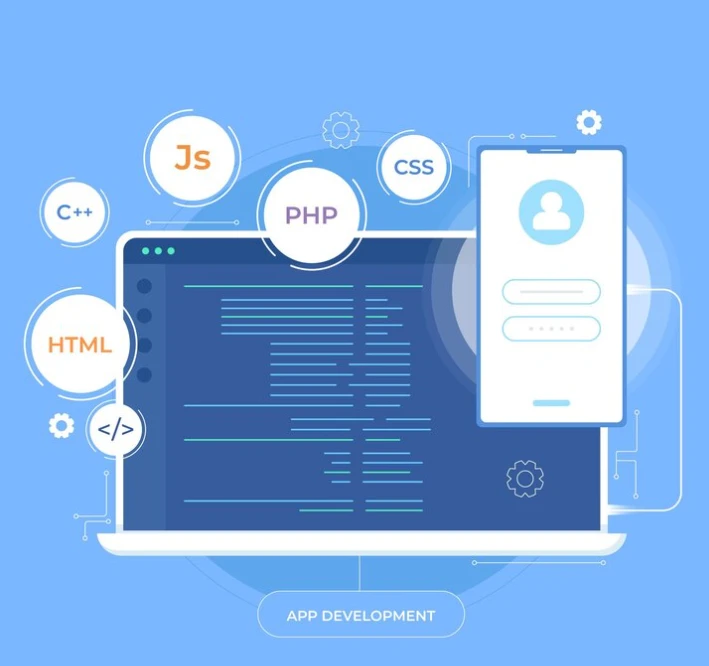
Here are some websites that beginners can use to learn programming in English:
Codecademy
An interactive platform offering courses in various programming languages, focusing on hands-on learning.
FreeCodeCamp
Provides comprehensive paths for learning web development and different programming languages, emphasizing real-world projects.
W3Schools
Offers learning resources for web development languages, with interactive examples and clear explanations.
Mozilla Developer Network (MDN)
Offers detailed documentation on web development and programming techniques.
Khan Academy
Provides interactive educational lessons in various fields, including programming.
edX
Offers programming courses from renowned universities worldwide, allowing learners to earn recognized certificates.
Coursera
Provides courses in programming from universities and educational institutions, covering a wide range of topics.
Hackerrank
A platform offering coding challenges and exercises to improve programming skills.
GitHub Learning Lab
GitHub's interactive learning paths help with learning programming and using Git.
Stack Overflow
It is not just a site for asking questions, but also provides valuable learning resources.
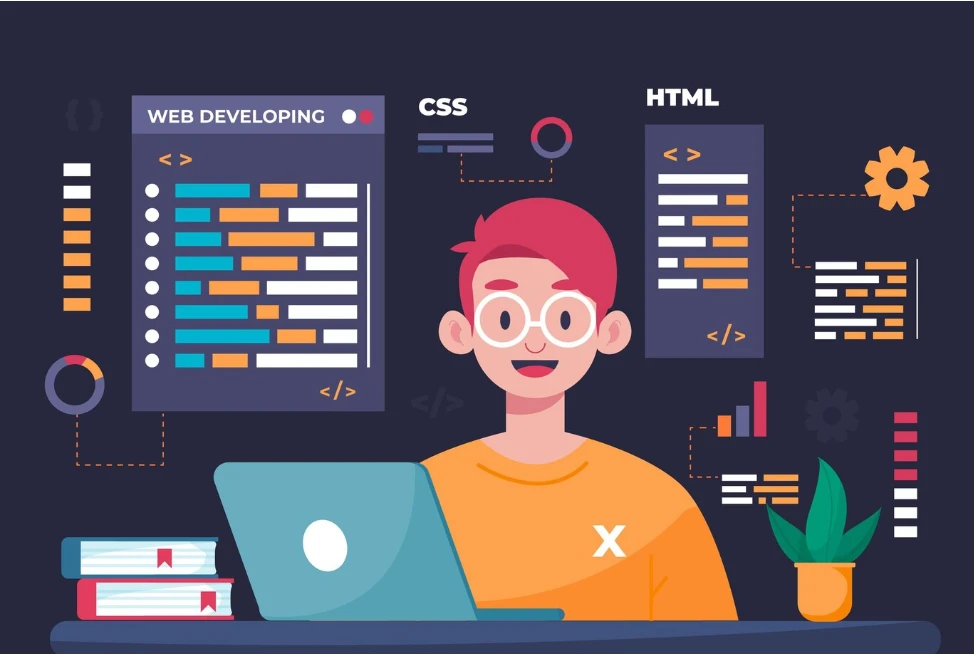
Here are some programming books for beginners in Arabic:
“Programming Smartphone Applications Using Python” by Muhammad Hassan Al-Mousa:
- The book covers the basics of programming smartphone applications using the Python programming language.
“Basics of Web Development Using PHP and MySQL” by Omar Al-Hassan:
- The book focuses on the basics of website development using PHP and MySQL databases.
“Learn C language easily” by Ahmed Hassan:
- The book provides an easy introduction to the C programming language and explains the basics in a simplified manner.
“Introduction to Smartphone Application Development Using React Native” by Muhammad Abdullah:
- The book explores smartphone app development using React Native, a framework for developing mobile apps in JavaScript.
“HTML5 and CSS3 from beginning to professionalism” by Ahmed Hassan Al-Sharif:
- It focuses on HTML5 and CSS3 and provides a comprehensive guide to building web pages.
“Learn Python in 24 Hours” by Sam Charles:
- This book is a good resource for beginners to learn the Python programming language.
“Learn Java” by Ahmed Abdullah:
- Provides an introduction to the Java programming language and explains the basics in detail.
“Learn SQL Basics Easily” by Ahmed Ali:
- The book explains the basics of the SQL database query language easily and understandably.
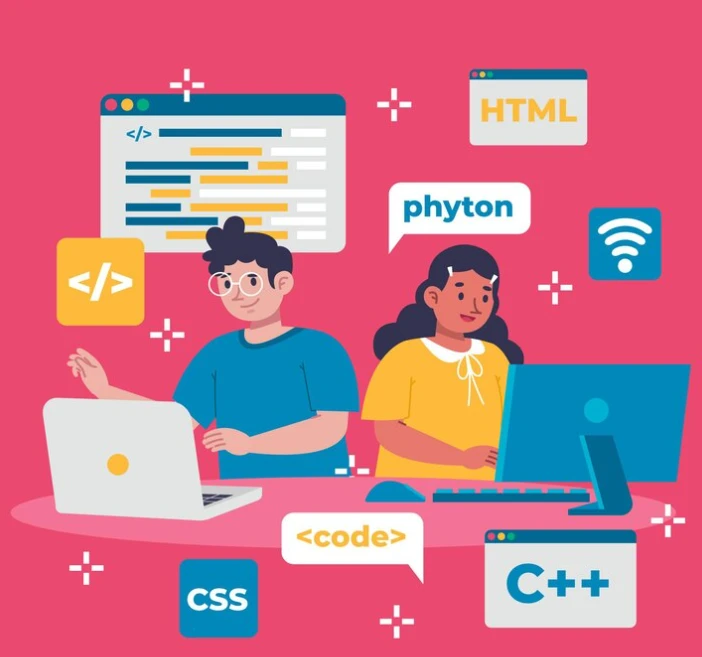
Here are some books that can be useful for beginners in the field of programming in English:
“Python Crash Course” by Eric Mattes:
- A great book for beginners in Python programming, as it covers the basics and includes hands-on projects.
"Eloquent JavaScript" by Marijn Haverbeke:
- Provides a comprehensive overview of JavaScript, suitable for beginners, and covers the basics of the language and functional programming.
"Head First Java" by Kathy Sierra and Bert Bates:
- An excellent book for beginners in the Java language, it explains concepts simply and provides interactive examples.
"Code Complete" by Steve McConnell:
- Covers software engineering concepts and provides practical tips for writing good code.
“Automate the Boring Stuff with Python” by Al Sweigart:
- Teaches how to use Python to automate routine tasks and daily operations.
“Clean Code: A Handbook of Agile Software Craftsmanship” by Robert C. Martin:
- Focuses on writing clean code and understanding advanced software engineering concepts.
“Learn Python the Hard Way” by Zed A. Shaw:
- It is an interactive approach to learning Python, and includes lots of practical exercises.
“HTML and CSS: Design and Build Websites” by Jon Duckett:
- It provides a good understanding of HTML and CSS, making it suitable for beginners in web development.
In conclusion, this small journey into the world of programming reveals that code and linguistic analysis of devices are not just a combination of letters and numbers. Instead, they represent a language that transforms ideas into tangible reality. Learning programming is like an exploration journey, opening doors to a new world of possibilities and creativity.
